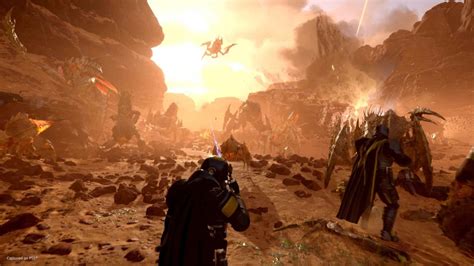The sudden removal of Helldivers 2 from Steam in over 150 countries has ignited a conversation about the balance between corporate strategy and consumer interaction in the gaming industry. This decision, apparently mandated by Sony, hinges on the requirement for a PlayStation Network (PSN) account to play the game, even though the game was initially sold through Steam without clear disclosure of this requirement eventually becoming mandatory. This not only confused consumers but frustrated many who reside in countries where PSN accounts are not even available.
Critics argue that proper communication and transparent policies are essential in maintaining trust and satisfaction among consumers. The degree of backlash Sony is facing is indicative of a broader sentiment among digital consumers who feel increasingly controlled by larger corporations whose decisions can sometimes seem out of touch with user experiences. The might of Sony, as a publisher, to enforce such decisions upon Arrowhead, the developers, illustrates a power dynamic where developers may often have limited control over how their products are utilized post-release.
Discussions around consumer rights in digital purchases have become more prominent. The situation with Helldivers 2 is a case study in what many see as an unfair practice. Digital products, unlike physical goods, come with strings attached, such as DRM (Digital Rights Management) and mandatory account linkages, which restrict how consumers use the products they purchase. This often leads to scenarios where users might have to comply with additional, unforeseen requirements just to continue using a product they already own.
From an industry perspective, the need for standardization in consumer agreements and clarity in terms of service is becoming increasingly apparent. Gaming companies often defend their policies by citing the need for such measures to combat issues like fraud and abuse. However, when such policies are enforced in a manner that seems to prioritize corporate interests over user experience, as the case with Helldivers 2 appears to, it raises questions about the future of consumer rights in digital gaming arenas.
Moreover, with the increasing trend of games requiring internet connectivity and accounts on specific networks, players are progressively tied into ecosystems that are controlled by a few large companies. This control over the gaming ecosystem by conglomerates like Sony poses questions about monopoly and the lack of competition. It potentially stifles innovation by creating barriers to entry for smaller developers and limiting choices for consumers.
Lastly, the Helldivers 2 situation has also highlighted a critical aspect of digital gaming – geographical disparities in service availability. Consumers in many areas are left at a disadvantage purely based on their location, which is often neglected by global corporate policies. As digital platforms continue to grow, there will be an increasing need for these platforms to adapt to the diverse legal and cultural landscapes they operate in. This incident serves as a reminder of the complexities and responsibilities facing digital content providers in the global marketplace, and a call for more consumer-friendly practices.


Leave a Reply